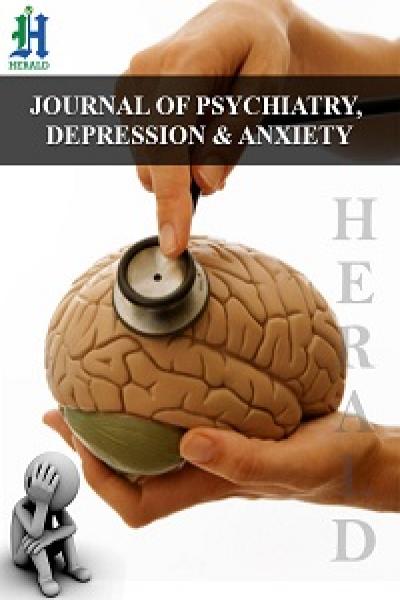
Psychosis
Psychosis refers to a set of symptoms where an individual experiences impaired reality testing, which may include hallucinations (perceiving things that aren’t present), delusions (fixed false beliefs), disorganized thinking, and abnormal behaviors. It can occur in various psychiatric disorders, most notably schizophrenia, schizoaffective disorder, and bipolar disorder with psychotic features. Causes may be biological, psychological, or environmental, including genetic predisposition, brain chemistry imbalances, substance use, or extreme stress. Psychosis often leads to significant functional impairment, social isolation, and distress. Diagnosis requires thorough clinical evaluation. Treatment involves antipsychotic medications to reduce symptoms, along with psychosocial interventions such as cognitive-behavioral therapy for psychosis (CBTp), family education, and rehabilitation programs. Early detection and intervention are critical for improving long-term outcomes and minimizing relapses. Comprehensive care addresses both symptom management and social reintegration.

